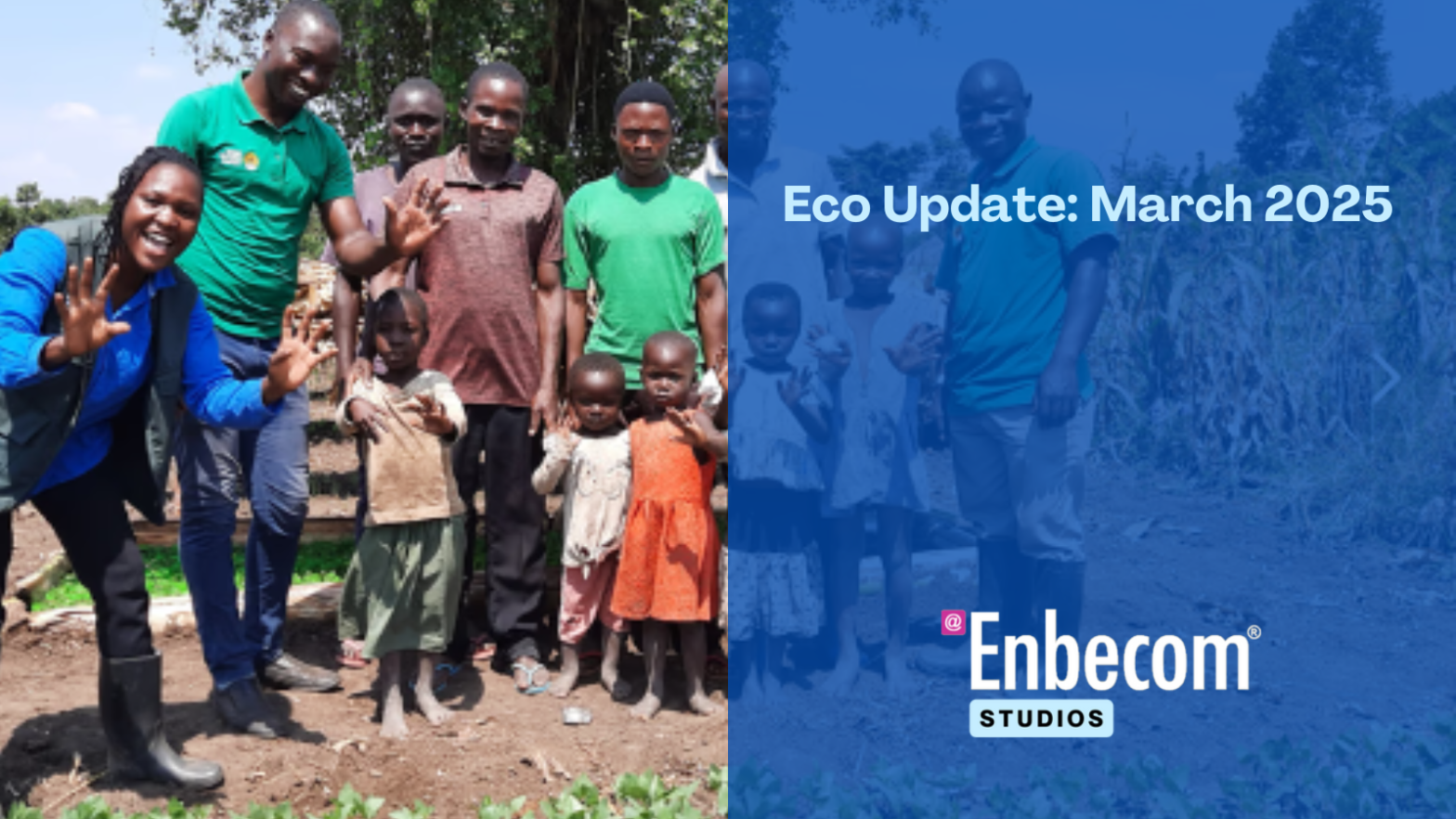Through our valued partnership with Ecologi, we’re actively engaged in delivering meaningful climate solutions across the globe. This is not just through supporting projects, but also tree-planting initiatives. In March we supported planting two different forest gardens, in Tanzania and Busoga, Uganda, where we’re empowering communities to cultivate sustainable livelihoods and restore ecosystems.
Planting forest gardens in Tanzania
Tanzania, a nation of 60 million people, is a treasure trove of biodiversity, from the renowned Serengeti to its diverse coastal habitats. Its varied landscapes, spanning humid lowlands to cool highlands, nurture this rich natural heritage. The Serengeti National Park, a UNESCO World Heritage Site, exemplifies this, yet Tanzania also holds the 10th highest count of IUCN Red Listed threatened species, including the kipunji monkey and Matilda’s horned viper, emphasising the critical need for conservation.
However, only a third of Tanzania’s environment is formally protected. Agricultural expansion and urbanisation have led to the loss of at least one-third of its forests and woodland ecosystems within recent decades. This loss is compounded by overexploitation, land degradation, and deforestation, threatening over a thousand bird species and nine endemic bird areas.
To combat this decline, Trees for the Future (TREES), with their expertise in agroforestry, collaborates with the Clinton Development Initiative (CDI). Since 1989, TREES has planted over 250 million trees, focusing on establishing sustainable land-use systems. In Tanzania, they provide local farmers with tree seeds, technical training, and essential resources, including loan packages containing seeds and tools, to support agroforestry, fruit, and timber tree cultivation. This initiative aims to restore degraded lands and improve livelihoods, directly addressing the alarming loss of Tanzania’s vital ecosystems.
Planting forest gardens in Busoga, Uganda
In Uganda’s Namayingo District, where farmers’ dependence on single crops like cassava makes them susceptible to income loss and nutritional deficiencies, agroforestry provides a crucial alternative. By diversifying crops and integrating trees, farmers gain resilience, improved nutrition, and a sustainable income. This method combats deforestation, which is often driven by charcoal production and agricultural expansion, leading to degraded soil fertility.
Projects, such as the one planting 1.6 million trees with the involvement of 400 farmers, address this issue by providing training, tools, and a variety of seedlings. This not only restores soil health, but also creates a sustainable fuel source, reducing pressure on natural forests. Farmers are taught how to manage trees for long-term benefit, using coppicing and pruning instead of outright felling.
This initiative, recognised as a UN World Restoration Flagship, aligns with numerous Sustainable Development Goals: boosting income, improving food security, promoting gender equality, and creating employment opportunities. It also enhances climate resilience by sequestering carbon and retaining moisture, and protects biodiversity. Agroforestry empowers farmers, builds community resilience, and safeguards the environment.
To discover the projects we’re involved with, please view our profile here. If your business is interested in joining the Ecologi community and supporting these kinds of projects, you can sign up with Ecologi or choose one of our webcasting packages.

